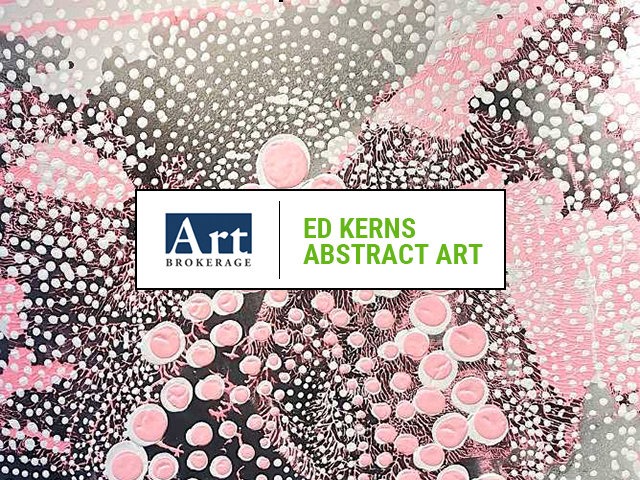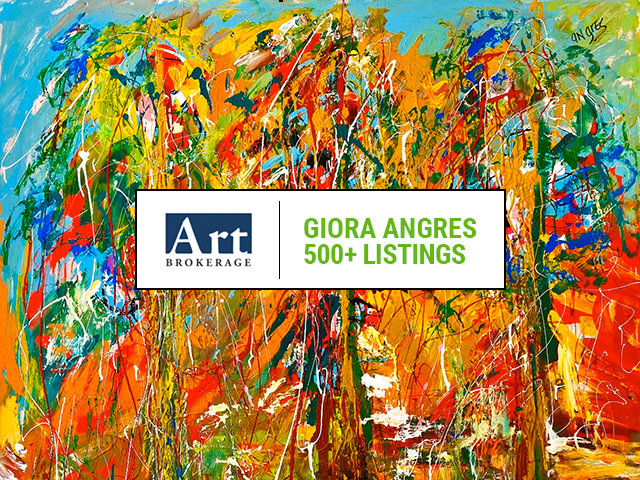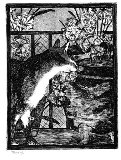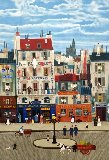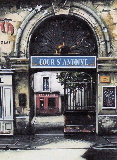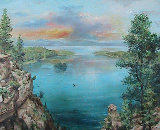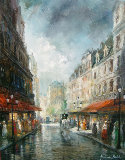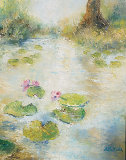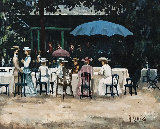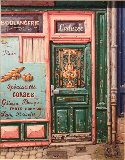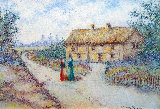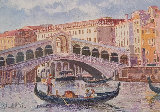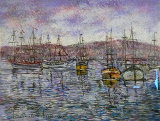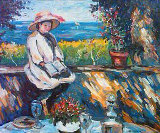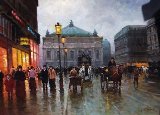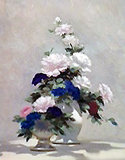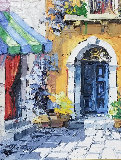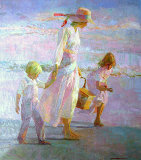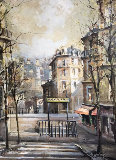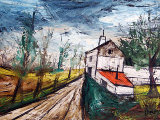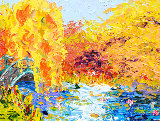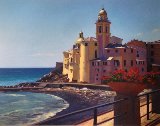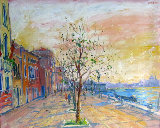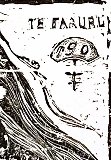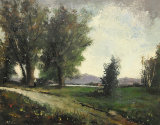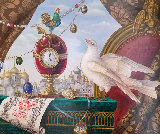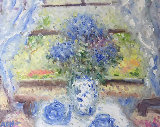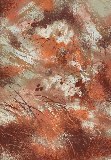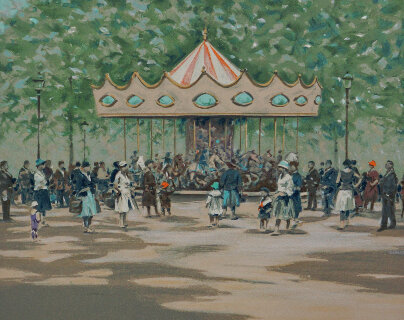-

-
Camille Pissarro
FranceArt Brokerage: Camille Pissarro French Artist: b. 1830-1903. He (10 July 1830- 13 November 1903) was a French Impressionist painter. His importance resides not only in his visual contributions to Impressionism and Post-Impressionism, but also in his patriarchal standing among his colleagues, particularly Paul Cézanne and Paul Gauguin. Jacob-Abraham-Camille Pissarro was born at Charlotte Amalie (St. Thomas), Virgin Islands, to Abraham Gabriel Pissarro, a Portuguese Sephardic Jew, and Rachel Manzano-Pomié, from the Dominican Republic. Pissarro lived in St. Thomas until age 12, when he went to a boarding school in Paris. He returned to St. Thomas, where he drew in his free time. Pissarro was attracted to anarchism, an attraction that may have originated during his years in St. Thomas. In 1852, he traveled to Venezuela with the Danish artist Fritz Melbye. In 1855, Pissarro left for Paris, where he studied at various academic institutions (including the cole des Beaux-Arts and Académie Suisse) and under a succession of masters such as Jean-Baptiste-Camille Corot, Gustave Courbet, and Charles-François Daubigny. Corot is sometimes considered Pissarro's most important early influence; Pissarro listed himself as Corot's pupil in the catalogues to the 1864 and 1865 Paris Salons. His finest early works are characterized by a broadly painted (sometimes with palette knife) naturalism derived from Courbet, but with an incipient Impressionist palette. Pissarro married Julie Vellay, a maid in his mother's household. Of their eight children, one died at birth and one daughter died aged nine. The surviving children all painted, and Lucien, the oldest son, became a follower of William Morris. The Franco-Prussian War of 1870-71 compelled Pissarro to flee his home in Louveciennes in September 1870; he returned in June 1871 to find that the house, and along with it many of his early paintings, had been destroyed by Prussian soldiers. Initially his family was taken in by a fellow artist in Montfoucault, but by December 1870 they had taken refuge in London and settled at Westow Hill in Upper Norwood (today better known as Crystal Palace). A Blue Plaque now marks the site of the house on the building at 77a Westow Hill. Through the paintings Pissarro completed at this time, he records Sydenham and the Norwoods at a time when they were just recently connected by railways, but prior to the expansion of suburbia. One of the largest of these paintings is a view of St. Bartholomew's Church at Lawrie Park Avenue, commonly known as The Avenue, Sydenham, in the collection of the London National Gallery. Twelve oil paintings date from his stay in Upper Norwood and are listed and illustrated in the catalogue raisonné prepared jointly by his fifth child Ludovic-Rodolphe Pissarro and Lionello Venturi and published in 1939. These paintings include Norwood Under the Snow, and Lordship Lane Station, views of The Crystal Palace relocated from Hyde Park, Dulwich College, Sydenham Hill, All Saints Church, and a lost painting of St. Stephen's Church. Listings wanted by Art Brokerage.
Read More + - Create Listing 1 Artworks for sale 50 Followers


